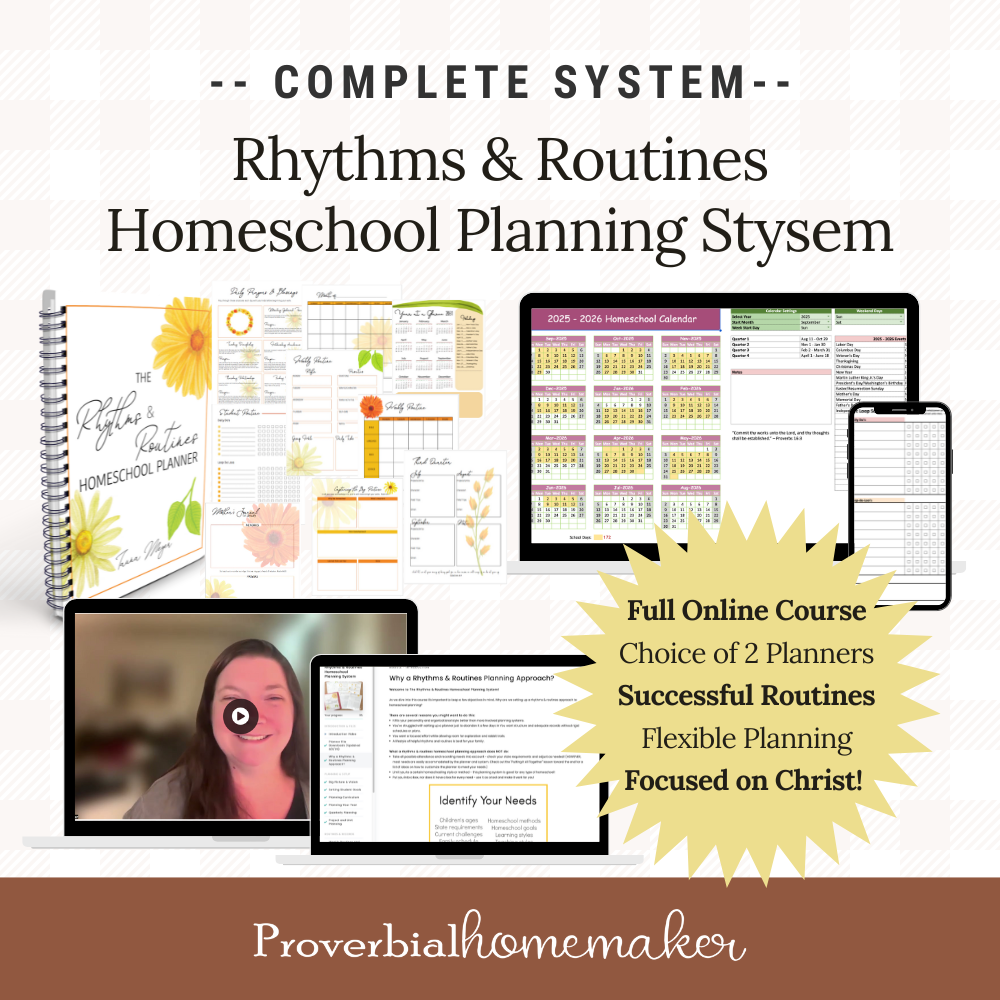Heart Parenting: Be Solvers, Not Whiners

Disclosure: *This post may include affiliate links. As an affiliate, I earn from qualifying purchases.
Read the disclosures and terms for more information.
Welcome back to Heart Parenting, a series about parenting from the heart using tips and techniques from The Christian Parenting Handbook by Dr. Scott Turansky and Joanne Miller, R.N.
A few days ago I wrote about dealing with bad attitudes in our home. Today I’m talking about tips for handling whining.
Chapter 37 of The Christian Parenting Handbook is called “Teach Kids to Be Solvers Instead of Whiners.” I don’t know many parents who don’t deal with whining from their kids at least on occasion. I know we do!
There are some things we learned a while ago about dealing with whining that have worked well. The Handbook reinforced those and also gave us a more focused approach in some situations where whining is still happening.
The problem is bigger than just the whiny voice. It’s a way of looking at life and problems. – The Christian Parenting Handbook, pg 149
Admittedly, we still try some things that have definitely not worked, such as:
- “Stop whining!” (I know. We’re brilliant.)
- “I don’t listen to whining.” (It may work for others, but not for us!)
- Simply fixing the situation they’re whining about
- Diverting attention
- Initially, help them through the problem-solving process: Walk them through ideas for possible solutions. List their choices.
- Calmly refuse to make the problem go away: “How can you solve that problem?” or “What are your choices in this situation?”
- Set them up for problem-solving success: Make sure they have ways to reasonably solve their frustrations.
- Give them an out when they can’t cope: Make sure they know they can ask for help if they are having a hard time solving their problem. And then help them!
- Instruct them in biblical thinking: Reinforce the biblical principle to “do all things without grumbling and complaining” Phil 2:14
- “How can you solve this problem?”
- “Can I have a snack?” instead of “I’m hungry!”
- “Mom, can you help me with this?”
- “Here are your choices in this situation…”
The most important things I gleaned from this chapter are a few areas in particular I need to work on.
1. Setting them up for problem solving success.
One area where whining often happens in our home relates to food. They want to eat a second (or third) snack. They don’t like what I’ve given them. They don’t want to eat the same sandwich again.
Here’s what we’re trying:
- Involving the kids more in meal prep. The kids will help me make lunches ahead of time. I’ll be honest, I’d rather do it myself. But they’d love it and feel an ownership in it.
- Involving them in meal planning. I’m working on a meal planning board where I provide the choices and the kids get to decide which items to have on which days.
- Snack grab bags. I’m going to set up snack bags with carrots and celery sticks. They can eat as many as they want! And those will be the only things available when it’s not a normal snack or meal time.
What ideas do you have for helping your children be solvers, not whiners?
I hope you continue to join us! Don’t forget to check out what these other fantastic bloggers are writing about on Heart Parenting.
Ed @ Biblical Parenting
Marcy @ Ben and Me
Hillary @ Our Homeschool Studio
Nicole @ Proven Path Ministries
Crystal @ The Crystal Starr Blog
National Center for Biblical Parenting and Ben and Me are giving away 10 copies of The Christian Parenting Handbook during this series! Click the banner below to enter!
From September 24 through October 7, you can also get the eBook version of The Christian Parenting Handbook for $3.99!

Linking up with these great blogs.
If you would like to have Proverbial Homemaker delivered to your inbox, click here: Subscribe to Proverbial Homemaker. Or join us on Facebook, Twitter, & Pinterest.










